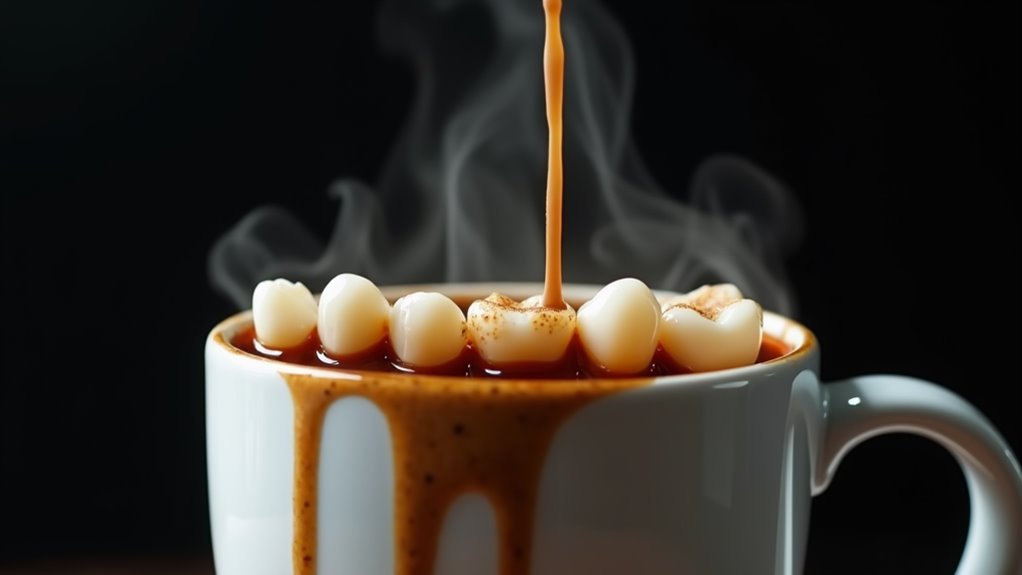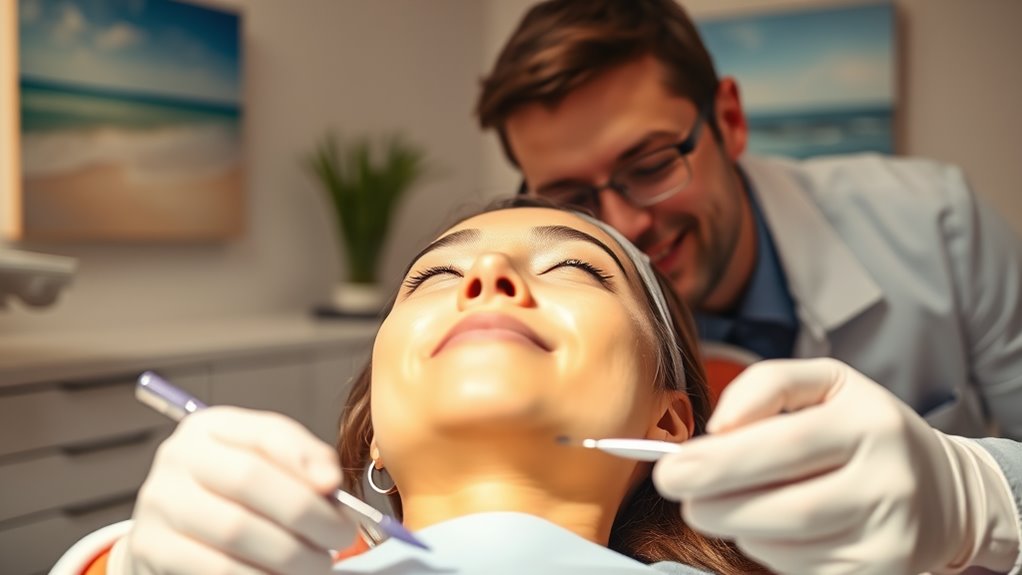This One Common Habit Is Destroying Your Teeth!
You might be damaging your teeth right now without even realizing it. While you sleep peacefully, your jaw could be exerting massive pressure – up to six times more force than normal chewing – gradually wearing down your precious enamel. This silent destroyer, known as bruxism or teeth grinding, affects millions of people and can lead to serious dental problems. If you’ve been waking up with unexplained headaches or jaw pain, there’s a crucial reason you need to know more.
Understanding the Hidden Dangers of Teeth Grinding
Have you ever woken up with a sore jaw or dull headache? These seemingly minor discomforts might signal a destructive habit destroying teeth: bruxism, or teeth grinding. This unconscious behavior, often occurring during sleep, can wreak havoc on your dental health.
The grinding force exerted during bruxism can be up to six times stronger than your normal chewing pressure. This intense compression gradually wears down your enamel, creating micro-fractures and flattened tooth surfaces.
Beyond visible damage, the habit affects your entire oral structure, potentially leading to TMJ disorders, tooth sensitivity, and even tooth loss. Additionally, teeth grinding can lead to inflammation and gum recession over time, further jeopardizing your oral health.
Modern stress levels have made teeth grinding increasingly common, yet many people remain unaware they’re doing it. If you notice worn tooth surfaces, increased sensitivity, or tight jaw muscles, you might be grinding without realizing it.
Early intervention through custom night guards and stress management techniques can protect your teeth from this silent destroyer.
Signs Your Nightly Habit Is Damaging Your Smile
While teeth grinding often occurs silently during sleep, your body leaves clear warning signals that something’s wrong. You mightn’t catch yourself in the act, but the aftermath of nightly grinding can manifest in ways that impact your daily life. Understanding these indicators can help you take action before permanent damage occurs.
-
You’re experiencing persistent jaw pain or headaches, especially in the morning, and your temples or facial muscles feel tender to the touch – these are classic signs of nighttime grinding that shouldn’t be ignored.
-
Your teeth show visible wear patterns, including flattened, chipped, or cracked surfaces, and you might notice increased sensitivity to hot and cold temperatures.
-
Your sleeping partner reports hearing grinding sounds at night, or you find yourself clenching your jaw during stressful moments throughout the day – these behaviors often correlate with nocturnal grinding habits. Additionally, seeking help from a dentist and exploring stress-relief techniques can protect dental health and alleviate some of the symptoms associated with bruxism.
Expert-Recommended Solutions to Protect Your Teeth
If you’re concerned about teeth grinding, dental professionals recommend several proven solutions to safeguard your smile. You’ll find both immediate interventions and long-term strategies to protect your teeth from grinding damage.
| Solution Type | Professional Option | At-Home Option |
|---|---|---|
| Protection | Custom Night Guard | OTC Mouth Guard |
| Stress Relief | Botox Injections | Meditation Apps |
| Physical Therapy | TMJ Specialist | Jaw Exercises |
| Pain Management | Prescription Meds | Ice/Heat Therapy |
| Prevention | Dental Reshaping | Sleep Position Change |
Modern technology offers innovative solutions like smart mouth guards that track grinding patterns and connect to your phone. You’ll also want to explore biocompatible materials for dental protection and cutting-edge stress management tools. Consider combining traditional approaches with new developments, such as AI-powered relaxation techniques or custom-fitted guards created through 3D printing. Additionally, maintaining good oral health can help stabilize blood sugar levels and improve overall health. Don’t wait until serious damage occurs – implementing these expert solutions now will preserve your dental health.




